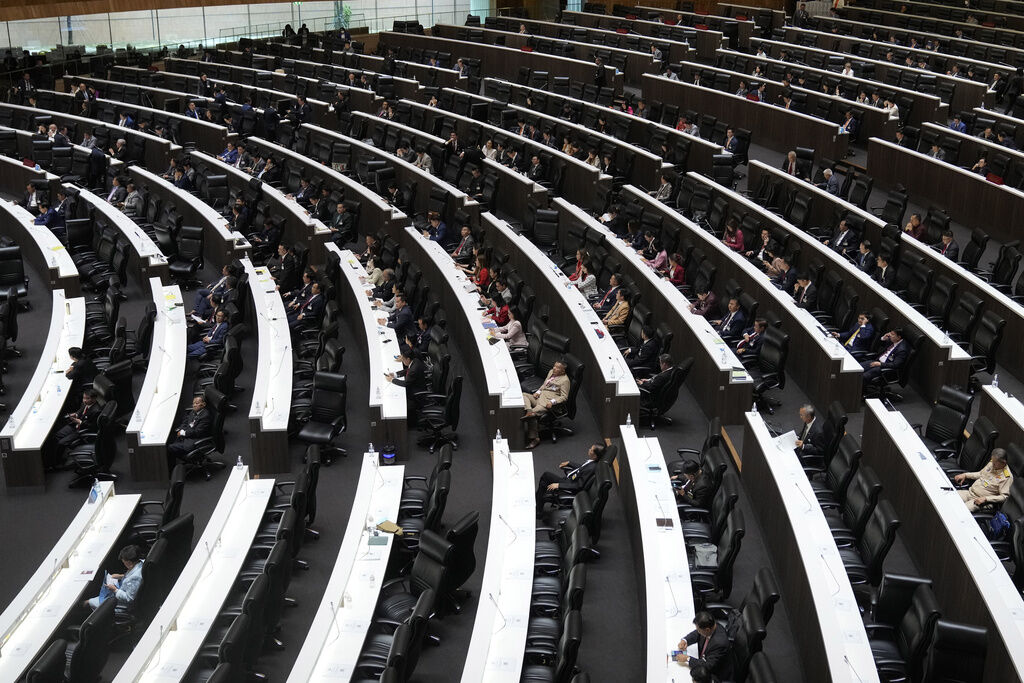Thailand’s Q2 economic recovery slows, full-year 2023 growth forecast revised

Thailand’s second quarter of 2023 saw a slowdown in economic recovery, with GDP growth falling from 2.6% year-on-year in the first quarter to 1.8%, as reported by the National Economic and Social Development Council on August 21. The figures fell significantly short of consensus estimates of 3.1% and growth projections of 2.9%. The economy’s quarter-on-quarter growth was a mere 0.2%, once seasonally adjusted.
As a result of these underwhelming growth figures and ongoing economic challenges, BMI – a Fitch Solutions company – revised its full-year growth forecast for this year, dropping from 3.0% to 2.8%. This falls below both consensus expectations of 3.6% and the average of 3.6% for 2010-19.
A closer look at the most recent figures reveals several weak points in the economy. Government consumption saw a 4.3% annualised contraction in the second quarter, largely due to extended political uncertainty after the May general elections. Restricted credit conditions and declining investor sentiment have also negatively impacted investment growth, which plunged from 3.1% year-on-year in the first quarter to 0.4% in the second.
On a brighter note, net exports made a positive contribution to headline growth, largely due to a greater contraction in imports, falling from 0.9% in the first quarter to 2.4% in the second. However, export growth also slowed, from 2.1% year-on-year in the first quarter to 0.7% in the second.
Looking forward, it appears Thailand’s economic rebound will be somewhat lacklustre, given the ongoing tight credit conditions, political uncertainty and external headwinds.
Tight credit conditions will continue to put pressure on domestic activity. The Bank of Thailand (BoT) has already increased its key policy rate by a total of 175 basis points since starting its hiking cycle over a year ago.
While the most recent hike in August is thought to be the end of the domestic tightening cycle, the credit cycle has already turned, with credit growth now in contraction. Additionally, interest rates will remain at a nine-year high of 2.25% for some time, further suppressing credit growth. We expect rate cuts to only materialise in the first half of 2024.
The high borrowing costs will also affect households and businesses. In the first quarter of 2023, the household debt-to-GDP ratio stood at 90.6%, which is high compared to peers, and high considering the country’s relatively lower GDP per capita of around US$8,000.
Political developments have also negatively impacted growth. Both consumer and business sentiment deteriorated in July, with a knock-on effect on business activity. Manufacturing purchasing managers’ index (PMI) readings have been very volatile.
Finally, we forecast global economic growth to slow from 3.1% in 2022 to 2.4% in 2023 which will keep a lid on Thailand’s export performance.
Despite these challenges, Thailand’s tourism industry will help underpin growth. The outlook for tourism has brightened significantly and the monthly data remains supportive. The Tourism Authority of Thailand is also optimistic as it is expecting 28-30 million international visitors this year, reports Bangkok Post.
Follow The Thaiger’s latest stories on our new Facebook page: CLICK HERE.
Latest Thailand News
Follow The Thaiger on Google News:


























